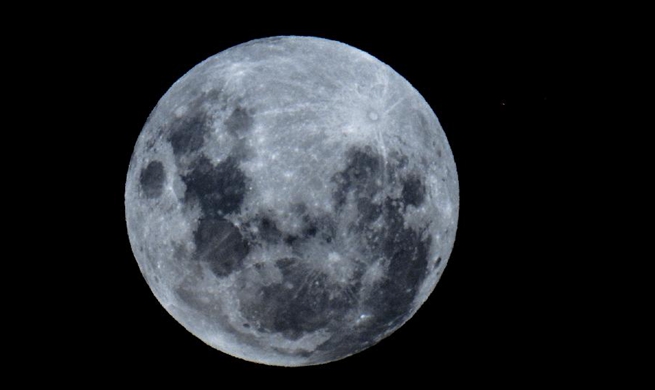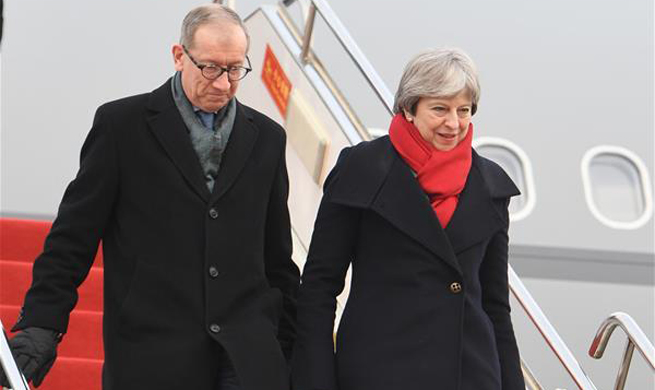BUCHAREST, Jan. 31 (Xinhua) -- Romania's new government stressed Wednesday, in its first meeting after installation, that the absorption of European money is a top priority of the country.
The decision "responds to the European Commission's concern regarding the need to maintain the expertise gained during the programming period and ensures the implementation of the 2014-2020 programs," the government announced in a press release.
Prime Minister Viorica Dancila added a new ministry, namely Ministry of European Funds, when setting up her cabinet.
The ministry is articulated on the framework of a former department which was included into the Ministry of Regional Development and Public Administration.
Romania is lagging behind other countries in the Central and Eastern Europe (CEE), and the Dancila cabinet is hoping that new ministry will manage to speed up EU funded investments.
Corina Cretu, European Commissioner for Regional Policy, warned on Tuesday after a meeting with the new prime minister, that Romania is facing the risk to lose the funds as the projects' rhythm of implementation is too slow and there is still a need of good quality projects.
"In our view, the process of implementing projects on the ground is still far too slow...there is still the danger of losing money," said Cretu.
Romania cashed around 11 percent of its total 30 billion euro (37.2 billion U.S. dollars) allocation of European funds, and aims to spend as much as 75 percent of the money granted until the end of 2020, according to the last draft of the government's program.
The European funds are an essential pillar of the economic growth but also a support for the stability of the national currency, said Mugur Isarescu, the governor of the National Bank of Romania.
"Between 2007 and 2017, Romania benefited of 45.7 billion euros from the EU budget, which account for 2.8 percent of the country's GDP," said Isarescu, estimating that a 95 percent absorption level of the EU funds in the current multiannual financial framework may lead to a yearly 1.7-percent impulse of Romania's growth of the gross domestic product (GDP).
"We may reach a 5 percent yearly growth of the potential GDP," the governor evaluated.
But a slow pace of absorption may have a negative impact in the forex markets. "As I am a constant observer of the forex markets I confess to you that a delay or a partial cash in of the EU funds is sensed on daily basis in the foreign exchange market's balance," added Isarescu.
The need to recalibrate the policy of consuming European money is an urgency, said Cretu, who added that Romania will face a Feb. 23 deadline to produce a draft mutual action plan with the European agencies to advance solutions to speed up the absorption of the much-needed funds. (1 euro=1.24 U.S. dollar)

















